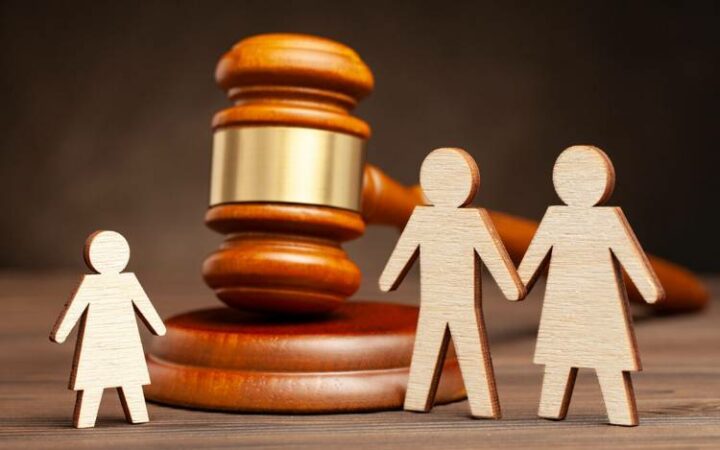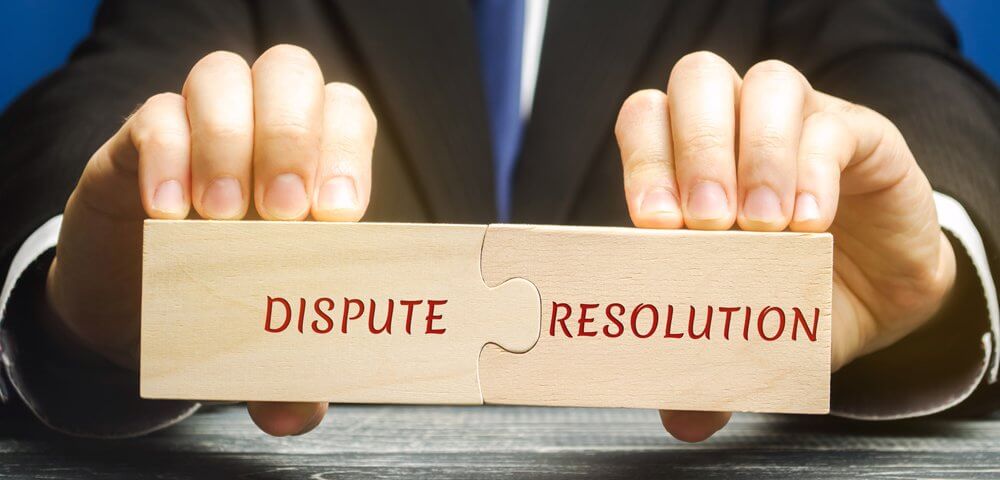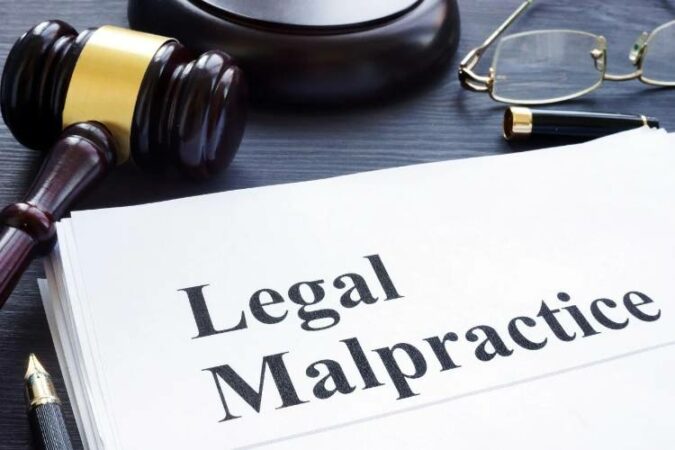
Resolving a personal dispute has several alternative options. Among them are informal negotiations, lawsuits, or mediation. Negotiations and lawsuits have been used as an alternative to dispute resolution for a long time, but you also need to consider mediation as a dispute resolution. The mediation method has been successfully used in the legal field as an out-of-court settlement. Curious about mediation personal injury? Immediately, see the following explanation.
Mediation as a legal settlement can be carried out with a team of lawyers who understand the law and can provide the best solution to disputes. Mediation is usually chosen when negotiations cannot provide a way out.
So, you are curious about how mediation works? The following is an explanation of personal dispute mediation.
Also Read :
- Free Personal Injury Lawyer When Times Are Hard
- Best Personal Injury Lawyer in United States, These are Tips for Choosing it!
5 Things About Mediation Personal Injury That You Should Know
Did you know that some cases of personal disputes tend to be resolved by informal negotiations? Unfortunately, this method sometimes goes round and round and never finds a solution. Moreover, if both parties have opinions that are difficult to reconcile, negotiations will be difficult to achieve. You need private dispute mediation instead.
1. What is Mediation Personal Injury?

Mediation personal injury is a personal dispute resolution facilitated by a Mediator. Cases handled are usually in the form of disputes or claims of a matter.
The mediator serves as a party that ensures the achievement of consensus and agreement through deliberation. The result is an agreement that benefits both parties and does not harm one of them.
The parties involved in the dispute will be given the same opportunity to express their opinions. The mediator will act as a party that will guide the agreement, the mediator may not side with one of the parties and must minimize disputes between the disputing parties.
2. The Right Time to Use Mediation as a Dispute Resolution

Usually, private dispute mediation is used depending on the type of dispute. Sometimes if you don’t want to mediate but the judge thinks mediation is the best way out of your problem, you also have to use mediation.
Mediation can save you from resolving disputes with the best agreement, especially if you need the best agreement with the parties involved.
3. How to Make Mediation Run Well

In order for your mediation to be successful, there are several rights that you need to pay attention to.
First, both parties must be willing to participate. Some parties refuse to mediate because it is too time-consuming and labor-intensive. On the other hand, some parties are also often reluctant to participate in mediation after informal negotiations are over. Make sure you are willing to put in the time and effort to negotiate an agreement.
Second, when mediating a personal dispute, you must be willing to compromise. If you don’t want to accept things beyond your will, Mediation will only waste time and become an obstacle to legal action. So you also have to consider the disadvantages and advantages of all the disputants.
Finally, look for a mediator who can mediate well in your area. In some areas, mediation is a new thing in the realm of law. So you have to find a mediator who can come up with the best deal for all parties.
4. How Does The Mediation Take Place?

Basically, mediation of personal disputes is almost the same as informal negotiations. It’s just that mediation involves a third party outside the disputing parties as a mediator.
The mediator will assist the disputing parties to identify decisions between the disputing parties and help find a compromise point between the parties.
The mediator then chooses the right time and place to meditate. The parties must come with their respective lawyers at the agreed time and place.
The mediation process and procedures will be explained by the Mediator. Furthermore, the mediator will provide an opportunity for both parties to express opinions and points of view from the disputing parties. The discussion will be guided by a mediator, if things get heated and a meeting point cannot be found, the parties will be given a separate room to avoid unwanted things. Then the wishes of the parties concerned will be conveyed by the mediator separately.
The mediator will help all parties to compromise until they reach a share point. Then the agreement will be written in the mediation document. The document will be signed by all relevant parties and brought to court. If the mediation does not achieve justice and one of the parties walks out, then the plaintiff has the right to file a lawsuit.
5. Benefits of Mediation

Some of the benefits that you get from mediating private disputes include saving time and closing informal negotiations. Flexible in mediation scheduling. And most importantly there is no partiality, all parties are not superior and have the same position.
Conclusion
Mediation for personal injury can sometimes be done urgently because of the judge’s decision. It is undeniable that when negotiations are not reached, mediation can be an easier and quite helpful alternative. Moreover, mediation is not carried out under pressure and coercion for all parties concerned.






